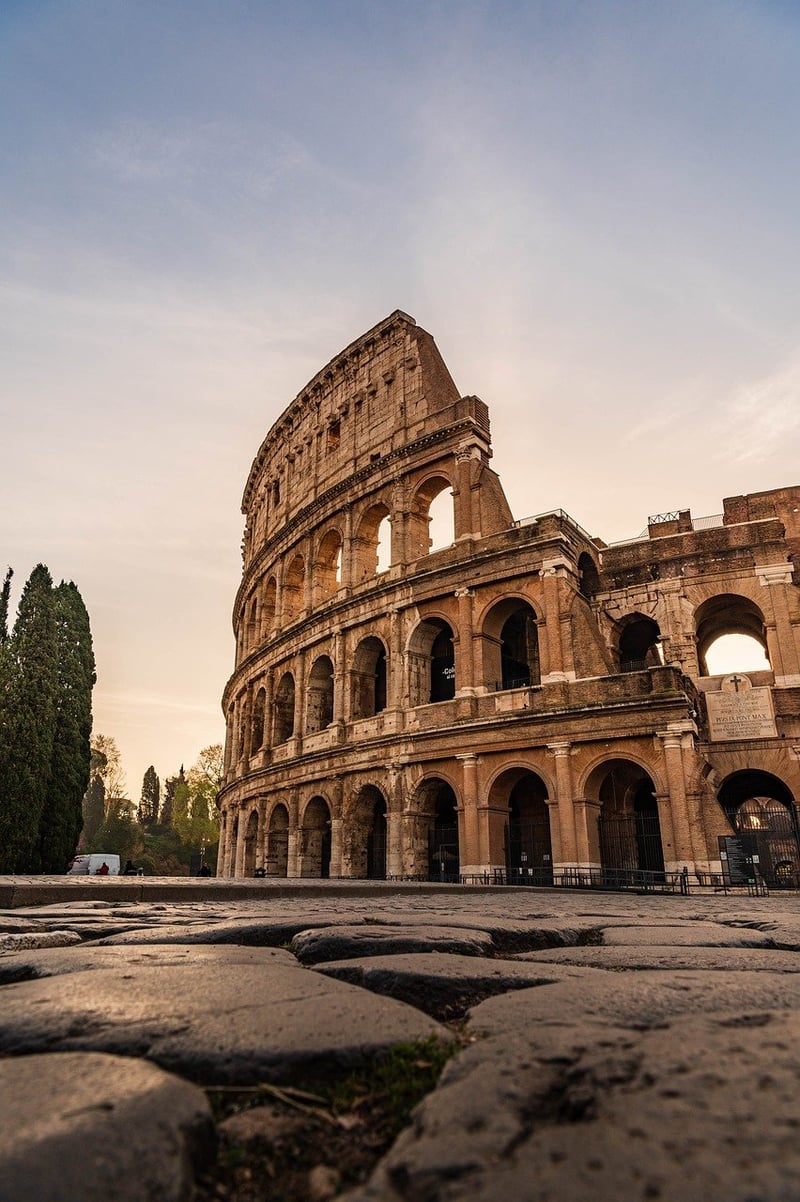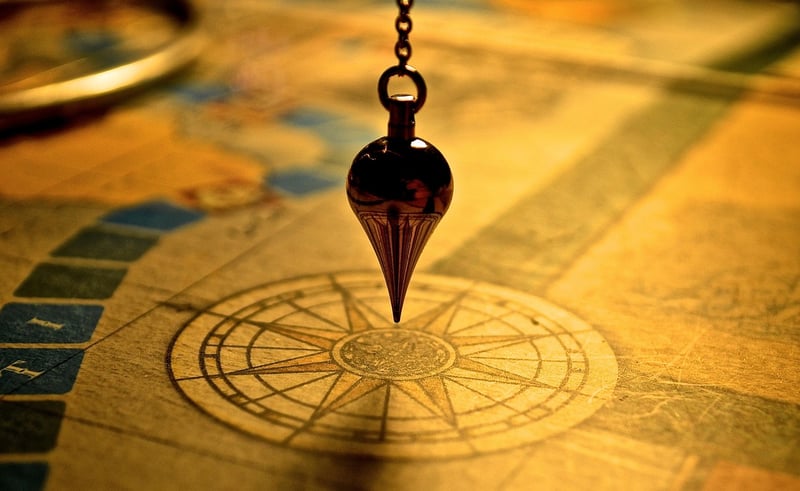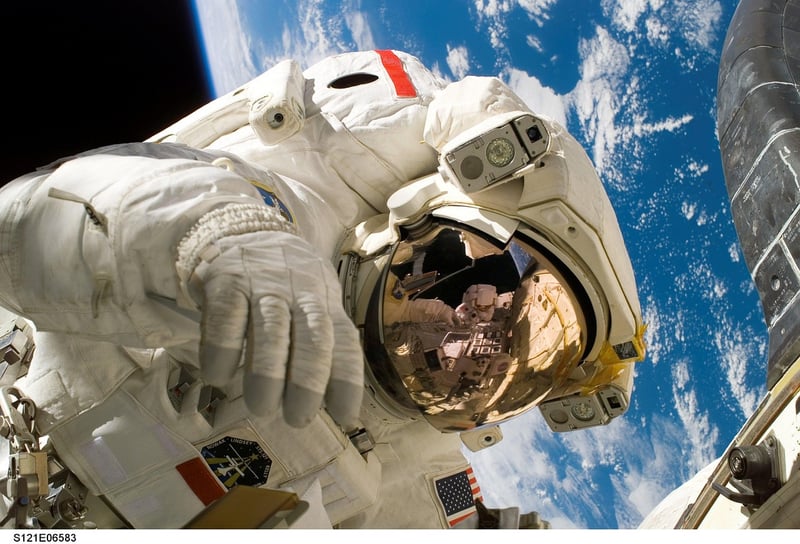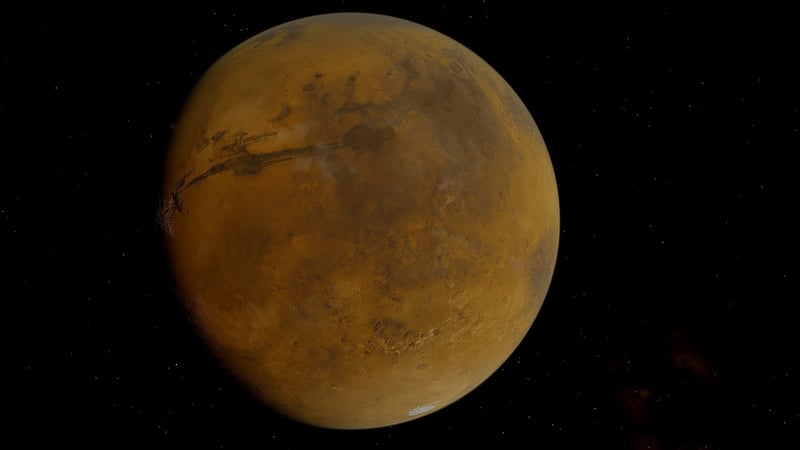Future Exploration
Exploring Different Eras and Future Exploration
Introduction
Exploration has been a fundamental part of human history, driving us to discover new lands, cultures, and technologies. From the ancient civilizations to the modern era, each period has been marked by significant exploratory endeavors. Let's delve into the exploration of different eras and ponder over the future of exploration.
Ancient Exploration
Ancient civilizations, such as the Phoenicians, Greeks, and Romans, were pioneers of exploration. They ventured into unknown territories, mapping new lands, and establishing trade routes that connected distant corners of the world. These explorers laid the foundation for future generations to follow.

Age of Discovery
The Age of Discovery in the 15th to 17th centuries saw European explorers like Christopher Columbus, Vasco da Gama, and Ferdinand Magellan embark on voyages that forever changed the world map. They discovered new continents, traded exotic goods, and expanded the known world beyond imagination.

Modern Exploration
In the modern era, exploration has extended beyond Earth. The Space Age ushered in a new era of discovery, with astronauts setting foot on the moon and spacecraft venturing into the depths of our solar system. Scientists continue to explore space, uncovering mysteries of the universe.

Future of Exploration
As we look to the future, exploration holds endless possibilities. Advancements in technology, such as artificial intelligence, robotics, and virtual reality, are shaping the way we explore new frontiers. From deep-sea exploration to Mars colonization, the future of exploration is boundless.

Conclusion
Exploration is an innate human trait that drives us to push boundaries, seek knowledge, and expand our horizons. By reflecting on the exploratory achievements of the past and embracing the possibilities of the future, we can continue to embark on remarkable journeys of discovery.
Are you ready to be a part of the next great exploration?
